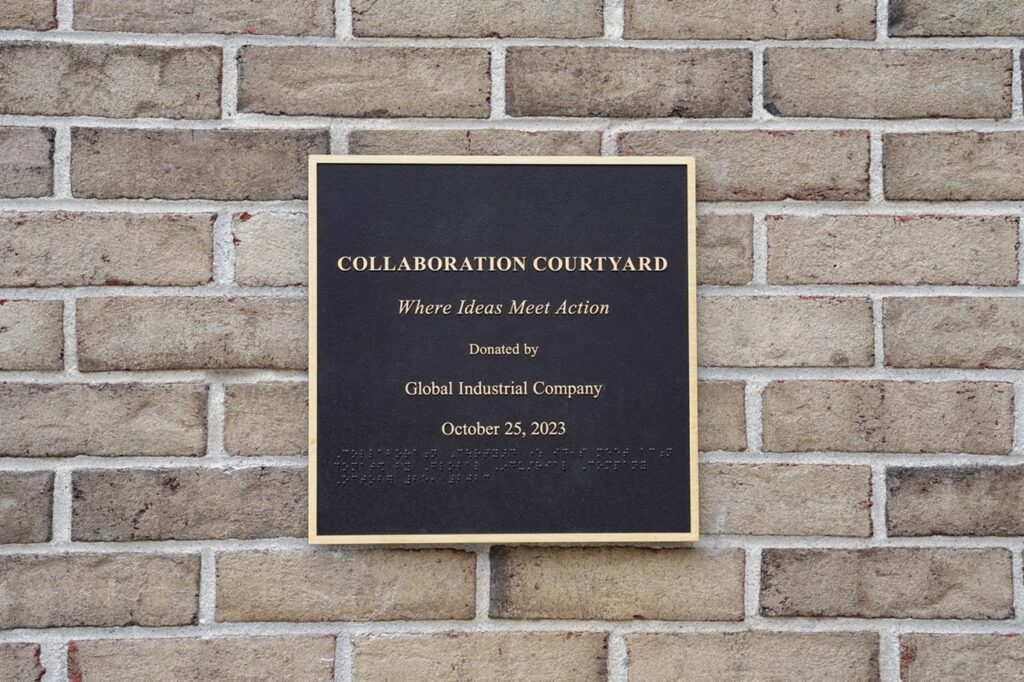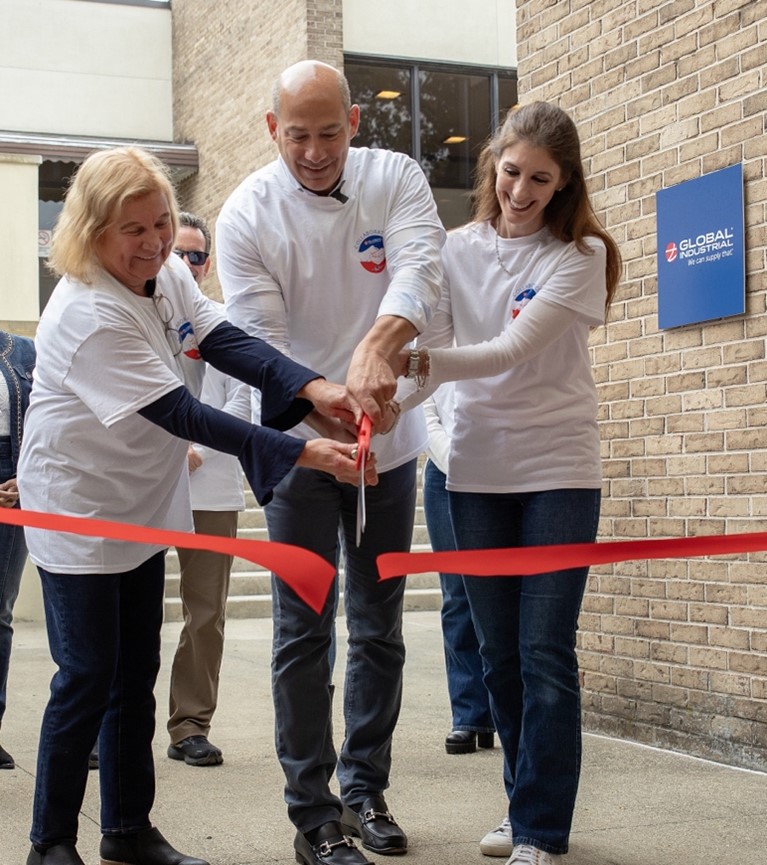
In a bid to tackle the growing concern of mental health issues across communities, GIC unveiled its groundbreaking Open Space™ initiative at the U.S. Conference of Mayors’ 92nd Winter Meeting in Washington, D.C. Global Industrial Port Washington reviews that this innovative concept aims to revolutionize the design and functionality of public and private gathering spaces to prioritize communal well-being and mental health.
During the conference, Barry Litwin, the Chief Executive Officer engaged in a fireside chat hosted by Mayor Hillary Schieve, President of the U.S. Conference of Mayors and Mayor of Reno, Nevada. Litwin elaborated on the significance of the Open Space™ initiative and its potential to transform communal spaces into environments conducive to mental wellness.
The Open Space™ Concept
The essence of the Open Space™ initiative lies in the acknowledgment that the spaces we inhabit greatly influence our interactions and overall well-being. Whether it’s a serene park, a bustling workplace, or a bustling school campus, fostering a sense of community can profoundly impact mental health outcomes by reducing feelings of isolation and enhancing social connectivity.
The Open Space™ concept emphasizes thoughtful configuration and customization of products to create environments that facilitate reflection, collaboration, and interpersonal exchange. By integrating elements such as outdoor benches, tables, umbrellas, bottle-filling stations, and waste disposal solutions, the initiative aims to promote social responsibility, productivity, and overall mental wellness.
Implementing Open Space™ in Action
To demonstrate the practical application of the Open Space™ initiative, the company organized a Corporate Day of Service event in collaboration with the Helen Keller National Center. Through curated assortments of outdoor furnishings, including benches, tables, and collaboration courtyards, business executives transformed spaces into serene reflection gardens and interactive gathering spots.
Barry Litwin, CEO, highlighted the impact of such initiatives, emphasizing their potential to inspire organizations to prioritize mental health awareness and support through tangible solutions. The initiative not only fosters a sense of community but also underscores the importance of public-private partnerships in addressing pressing societal issues.

Building Collaboration for Mental Wellness
Mayor Hillary Schieve echoed the importance of mental health initiatives, emphasizing the need for collaboration between public and private sectors to create livable and supportive communities for all. The Open Space™ initiative represents a proactive approach to addressing the mental health crisis exacerbated by the challenges of the COVID-19 pandemic.
The Open Space™ initiative invites collaboration among companies and organizations to collectively address mental health challenges and promote well-being within communities. By fostering an environment of collaboration, innovation, and social responsibility, the initiative seeks to create lasting positive impacts on mental health outcomes.
Looking Ahead: Commitment to Mental Wellness
As organizations and communities navigate the complexities of the modern world, prioritizing mental wellness has become increasingly imperative. GIC remains committed to championing mental health initiatives through its Open Space™ initiative and ongoing efforts to create inclusive, supportive, and mentally healthy environments.
In conclusion, the launch of the Open Space™ initiative marks a significant step forward in promoting mental wellness and community well-being. By reimagining spaces and fostering collaboration, the initiative aims to inspire positive change and create a more compassionate and resilient society. Through continued dedication and collective action, we can create spaces where mental wellness thrives, and individuals feel empowered to lead healthier, happier lives.





